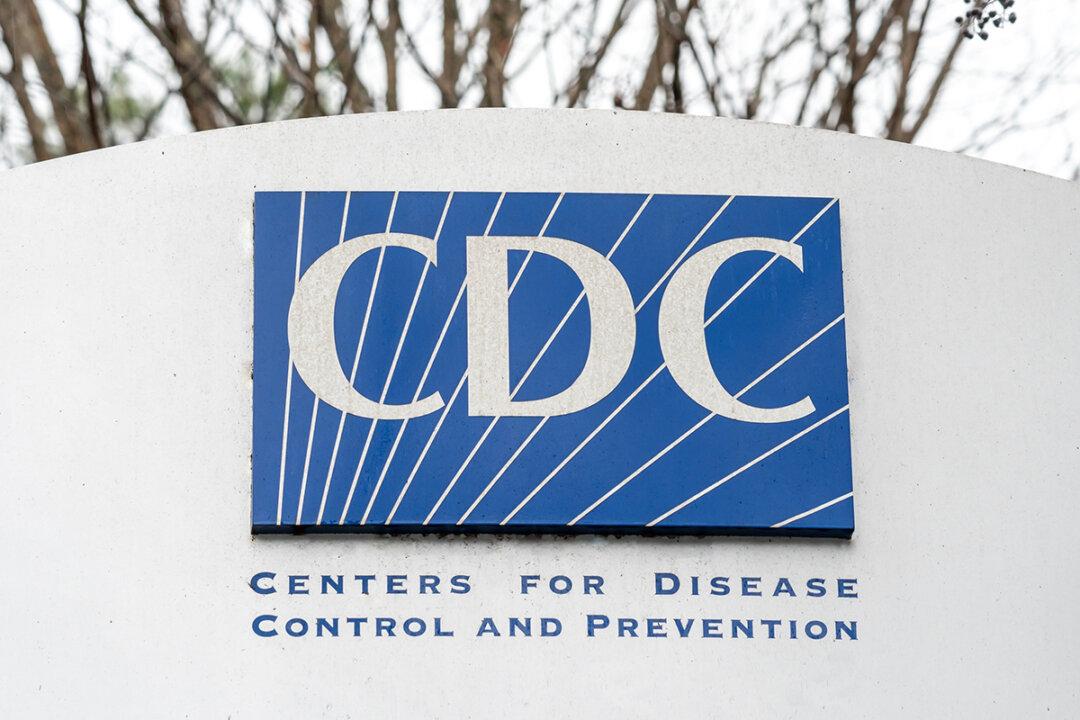UK’s medical royal colleges pride themselves on being world leaders in areas of public health, education, and clinician training. However, a new study shows their mission to address urgent, complex health issues from a cross-specialty perspective may be compromised when money enters the picture.
Experts in the UK are sounding the alarm over the lack of funding transparency from medical royal colleges, saying that failure to disclose the millions of dollars accepted from drug companies like Pfizer and medical devices firms threatens public and doctors’ trust.
Medical Royal Colleges’ Funding Secrecy
The Academy of Medical Royal Colleges comprises 24 elite institutions across the UK and Ireland.Pfizer was the largest donor, contributing £1.8 million ($2.31 million). Novo Nordisk, the manufacturer of Ozempic, was a distant second donating £730,000 ($937,758) during the same time period.

BMJ requested full funding disclosure reports from all colleges, but none provided complete lists, as they are not required to do so.
“I can see no justification for anything but full and mandatory disclosure,” Emma Hardy, Labour member of parliament and chair of the All Party Parliamentary Group on Surgical Mesh Implants, said in the paper. “Medicine is literally a matter of life and death, and patients must be confident they are receiving the best treatment available for the right reasons.”
But it’s not just patients who are affected. It’s also scientists and other medical professionals who rely on research findings to inform their own work without bias.
“Even if we are told the information is independent, funding skews the types of education or information that gets made,“ Margaret McCartney, a general practitioner and former Royal College of General Practitioners trustee and council member, said. ”It means that we become less independent, because we are not setting our own priorities, and that’s bad for the profession.”
Not all institutions accepted payments. One of them was the Royal College of Physicians of Edinburgh.
“The Royal College of Physicians of Edinburgh will not accept support that could compromise who we are and what we do—or undermine our effectiveness in achieving our goals,” a representative said in a statement.
Some Colleges Defend the Payments
Several colleges were quick to defend the payments, denying conflicts of interest or saying that any accepted funds are negligible compared to the college’s total annual financing.Others defended the sources of the funds, with the Royal College of Ophthalmologists issuing a statement saying they would only work with partners “who have the same shared aims.”




